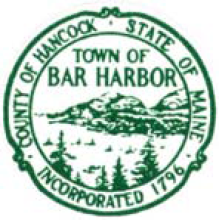Discussing (Ranting) Consolidation - Community Broadband Bits Episode 209

In celebration of Independence Day, we are focused this week on consolidation and dependence. At the Institute for Local Self-Reliance, we are very focused on independence and believe that the consolidation in the telecommunications industry threatens the independence of communities. We doubt that Comcast or AT&T executives could locate most of the communities they serve on a blank map - and that impacts their investment decisions that threaten the future of communities. So Lisa Gonzalez and I talk about consolidation in the wake of Google buying Webpass and UC2B's partner iTV-3 selling out to Countrywide Broadband. And we talk about why Westminster's model of public-private partnership is preferable to that of UC2B. We also discuss where consolidation may not be harmful and how the FCC's order approving the Charter takeover of Time Warner Cable will actually result in much more consolidation rather than new competition.
This show is 18 minutes long and can be played on this page or via Apple Podcasts or the tool of your choice using this feed.
Transcript below.
We want your feedback and suggestions for the show-please e-mail us or leave a comment below.
Listen to other episodes here or view all episodes in our index. See other podcasts from the Institute for Local Self-Reliance here.
Thanks to Fifes and Drums of the Old Barracks for the music, licensed using Creative Commons. The song is "Cork Hornpipe."


